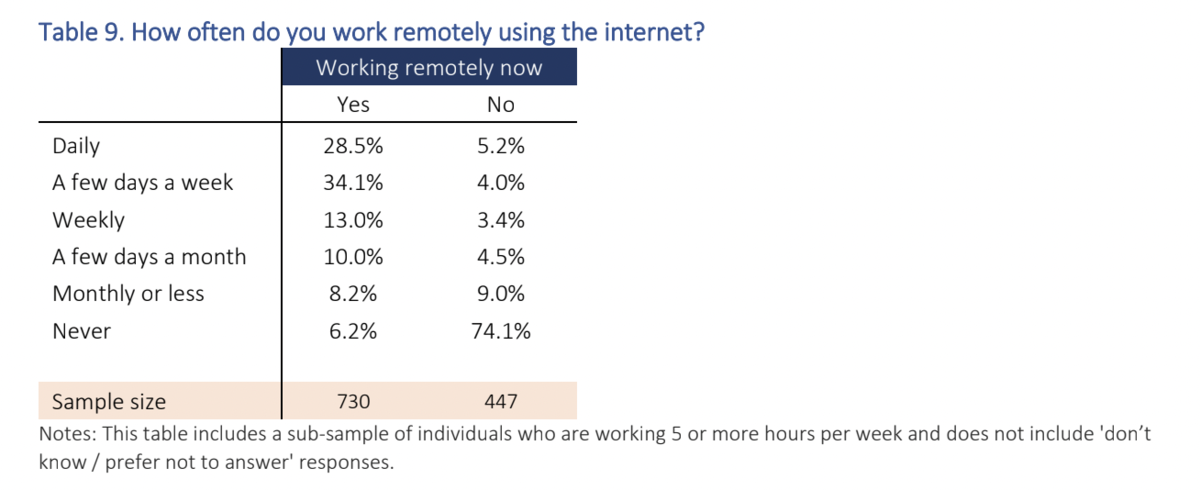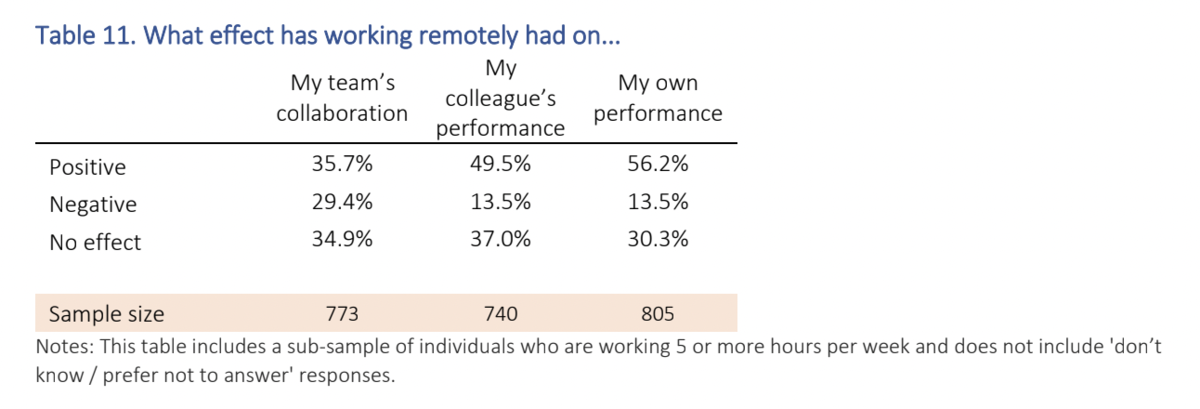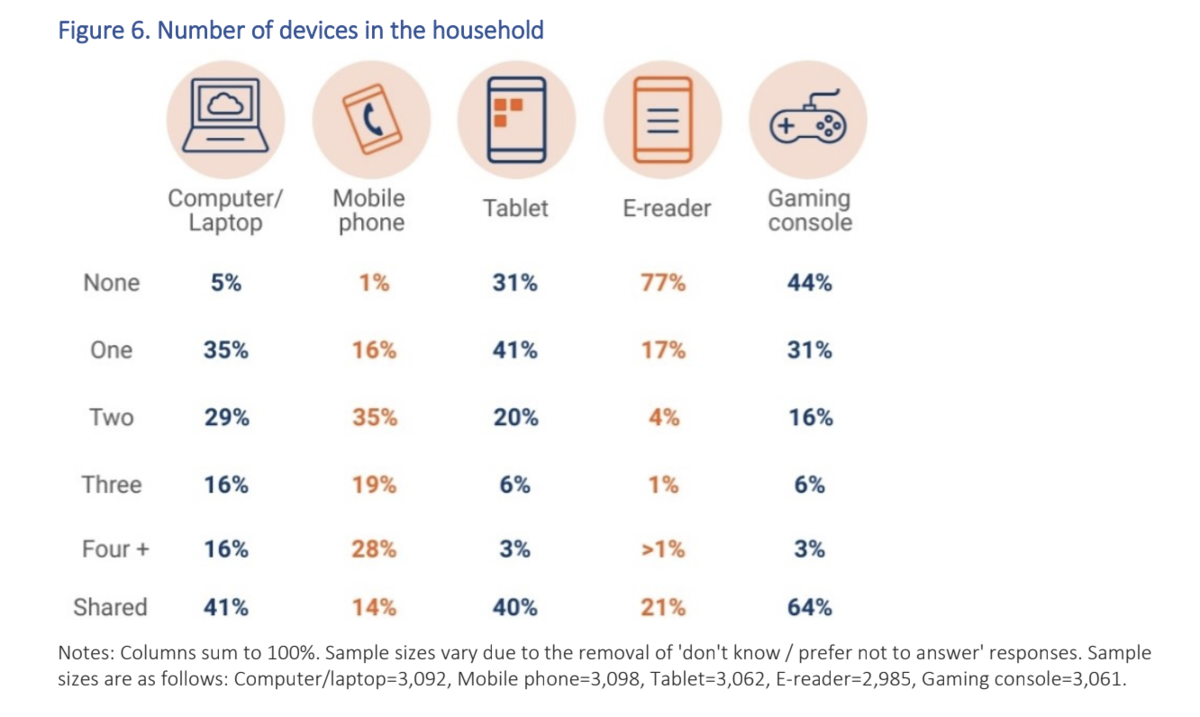Working from home is here to stay - AUT study
Working from home has become a regular part of work-life for Kiwis following the pandemic, with more than half logging on from home to earn a living.
That’s according to the 2023 World Internet Protocol (WIP) report released yesterday by AUT’s NZ Work Research Institute (NZWRI), which undertook the New Zealand research.
The proportion of respondents able to work remotely before lockdowns was 40%, according to WIP, and this increased by 22 percentage points (over 50%), to 62% during lockdowns. The figure has remained unchanged in the post-lockdown era.

“This finding indicates that, at least in the medium term, the COVID-19 pandemic has significantly changed the way New Zealanders work, in particular their propensity to work away from the office,” the WIP researchers point out.
Many New Zealand employers have spent 2022 and 2023 adapting their premises and working practices to accommodate the desire among employees to spend more time working from home.
“Remote work is no longer just for the digital nomads,” says the study’s lead research Alexandra Turcu.
“The pandemic opened the door to hybrid work for many New Zealanders, and that door has stayed firmly open in our post-lockdown world.”
The study is based on an online survey conducted between march and May of 2023 with a sample size of 3,100, including 1,914 working individuals.

Elsewhere, the WIP report illustrated the decade-long trend of over 90% of New Zealanders accessing the internet with 83% using it several times a day. When it comes to how we are connecting to the internet, fibre and HFC (hybrid fibre coaxial) connections dominate (78%) followed by mobile data (33%), and VDSL/ADSL (19%).
“We notice that the home connections are rated better than the other internet connections, with 46% rating their home internet connection as good and a further 30% rating it as excellent, while 37% rate their non-home connection as good, and 24% rate it as excellent,” WIP reports.
While internet use is high in New Zealand, we still do have a digital divide which is reflected in the WIP results.
InternetNZ Chief Executive Vivien Maidaborn says the study underscores the urgency of ensuring digital equity for all New Zealanders. around 8% of Maori and Pacific Island survey respondents indicated there was no computer in the family home. The rate for Europeans is 4.4%.

“While most New Zealanders have access to good internet connections, there is still work to do to make sure the internet is available to everyone. We need sustainable government investment in the digital equity basics of affordable connectivity, appropriate and affordable devices and also skills and support to use these things.
“This will inch us closer to digital equity so that everyone can all take part in a society that so heavily relies on the internet” Maidaborn says.
The report also reveals that more than a third of respondents feel that social media companies have a negative impact on the world. Additionally, the majority of respondents agree that stronger regulation of these social media companies is needed.
